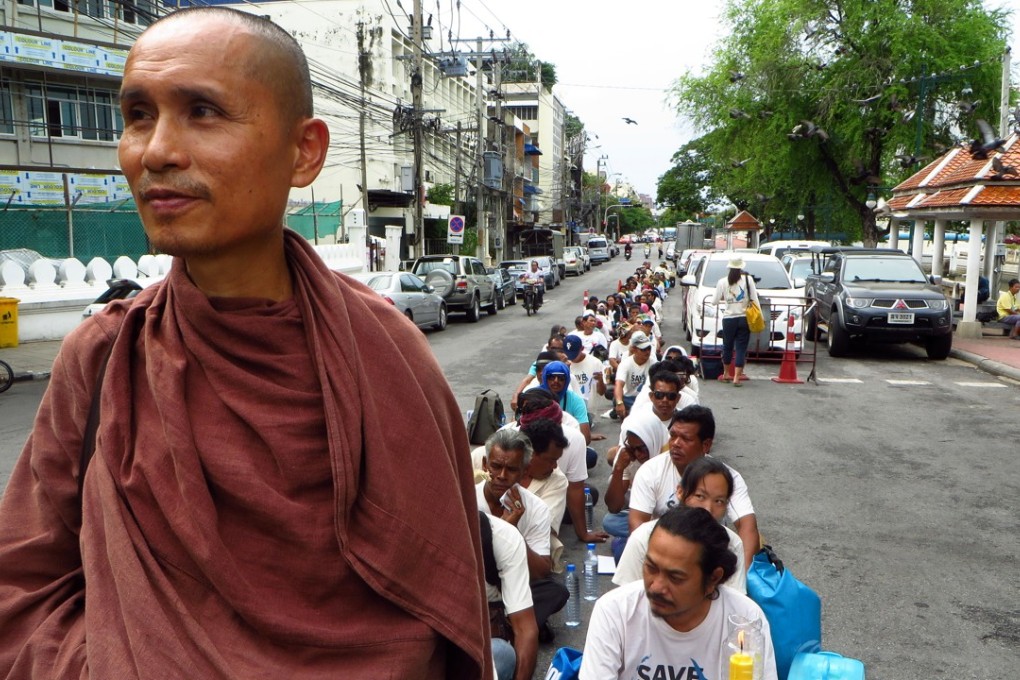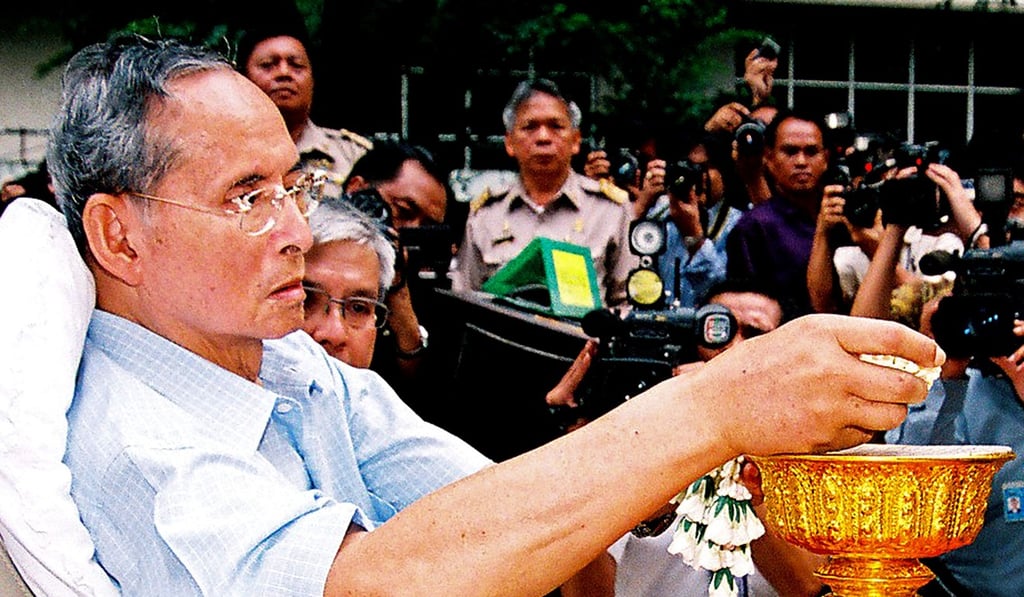Thailand chases Chinese money, but at what cost?
From environmental damage to technology transfer, the junta’s overdrive to tap Chinese investment raises a lot of questions as the men in uniform try to breathe life into a slackening economy in order to legitimise their rule

Somnuk Krodsua still remembers the layer of black dust that used to cover his garden every morning two decades ago. His house, located in the Thai southern province of Krabi, sat only a couple of kilometres from a coal plant that produced energy day and night.
“There was a lot of pollution. Often we couldn’t see more than 20 metres ahead because there was a thick smoke,” said the lawyer. The plant closed 20 years ago, but when Somnuck heard in 2014 that the government was planning a new coal facility, bigger than the old one, he decided he would try to stop it.
Krabi’s 870-megawatt coal-fired plant is one of the first big development projects linked to China investment that the current Thai military junta is pushing to reverse years of slow economic growth. “The Thai economy hasn’t performed as [the military] wanted,” said Pavida Pananond, an associate professor of international business at Thammasat University. “We are the slowest growing economy in Southeast Asia.”

But scholars and activists have raised concerns about the projects that are being approved to keep the engine ticking, often invoking the controversial Section 44, a constitutional provision that allows the military to pass any measure “for the sake of the reforms in any field” and overriding some of the main laws protecting the rights of communities and the environment. “Since the junta came in power, there has not been any protection for the environment. Almost every step they are taking is for GDP [growth]”, said Somnuck Jongmeewasin, an academic and a member of Community Rights and Natural Resources Sub-Commission, under the National Human Rights Commission of Thailand.